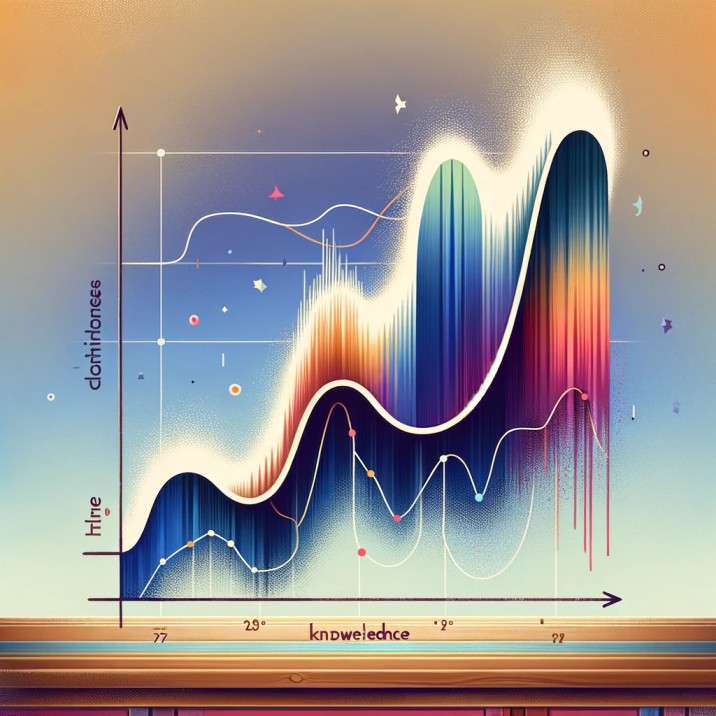What is the Dunning-Kruger effect? Here is a short answer to it. The Dunning-Kruger effect is a cognitive bias in which people with limited knowledge or competence in a particular area overestimate their own abilities. Named after psychologists David Dunning and Justin Kruger, who first identified the phenomenon in 1999, this effect describes how individuals lacking expertise and skill fail to recognize their own ineptitude. As a result, they possess an inflated sense of self-assessment, often believing they are more capable than they truly are. Conversely, highly skilled individuals might underestimate their competence, assuming tasks that are easy for them are also easy for others. This bias highlights a paradox: often, the less people know, the more confident they are in their mistaken beliefs.
Escaping the Dunning-Kruger effect involves self-awareness, continuous learning, and seeking external feedback. Here’s a step-by-step approach:
- Awareness of the Effect: Recognize that the Dunning-Kruger effect is a common psychological phenomenon. Awareness is the first step in addressing any cognitive bias.
- Pursue Lifelong Learning: Embrace the mindset that learning is a continuous process. Stay curious and open to new information and perspectives in your field and beyond.
- Seek Constructive Feedback: Regularly seek out feedback from peers, mentors, or supervisors. Constructive criticism can highlight blind spots in your knowledge or skills.
- Question Your Assumptions: Regularly evaluate and challenge your own beliefs and understandings. Be open to the idea that what you know may be incomplete or evolving.
- Cultivate Humility: Recognize and accept that no one is an expert in everything, and everyone has something to learn. Humility allows you to be more open to new learning opportunities.
- Engage in Reflective Practice: Regular self-reflection on your decisions, actions, and their outcomes can provide insights into your true level of competence.
- Surround Yourself with Competent People: Engage with and learn from individuals who are skilled and knowledgeable. This can help calibrate your understanding of your own abilities.
- Set Realistic Goals: Set achievable goals that challenge your skills and knowledge, encouraging growth and learning.
- Stay Updated: In rapidly evolving fields, continually update your knowledge to ensure it remains current.
- Embrace Mistakes as Learning Opportunities: Understand that making mistakes is a natural part of the learning process and an opportunity for growth.
By actively engaging in these practices, you can develop a more accurate understanding of your abilities and limitations, helping to mitigate the effects of the Dunning-Kruger bias.


